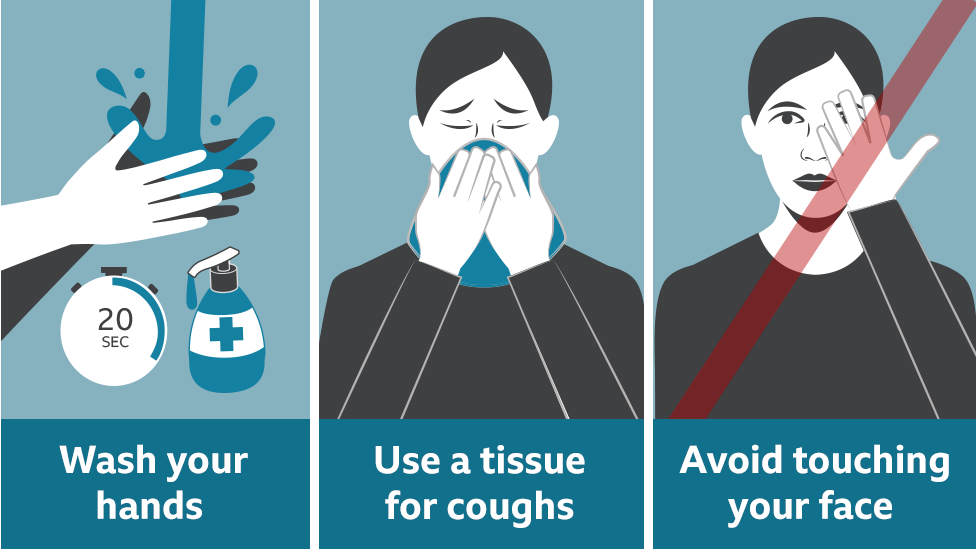China is slowly coming out of a long period of shutdown due to the corona virus outbreak. This has profoundly changed the daily lives of people, and it left a deep sign in business as well.
Food industry has been uniquely impacted by this.
Since the beginning of the outbreak, food production companies have been amongst the few authorized to maintain operations going – even when all other business were prevented from resuming operations from their business place. Some of them saw their business growing significantly – we refer for instance to frozen food companies, or to health-food sales (as immunity system appears key to survive the virus).
Supply chain was strongly affected though by the impossibility to move deliveries cross provinces – as quarantine would apply to persons traveling from one province to the next one.
Another challenge was – for some of these production companies – scarcity of workers (due to the imposed travel limitations, many workers were not allowed to return from their hometowns, or were requested to serve their quarantine before resuming work.
Supermarkets and groceries have been – for the majority – kept open and operating. Entrance to the premises was though subject to prior temperature measuring – those customers with body temperature above 37 degrees being prevented from entering into the shops. In some cities, many compounds have limited people circulations to just one member per family every two days (or even longer period) to go out and buy food and other essential goods.
Different matter for restaurants. Though there were not legally forbidden to keep their premises open, most of them chose to operate only meal delivery, in order to avoid people aggregation within their premises.
Unless their location would be forcibly closed by order of local authorities, most restaurants would not be eligible to claim force majeure in order to avoid paying rental fees during the outbreak; more likely, restaurants may have legal grounds to invoke adverse change of circumstances to obtain judicially rent reduction. It appears – however – that many landlords have accepted rental reduction or even suspension for the most critical times of the outbreak.
Now, many restaurants – not all of them though – have reopened, and we can see that they are – for the very vast majority – applying those prevention rules, as suggested by local authorities:
- Body temperature measure as condition to let every customer in;
- Green QR code (a special QR code available for each person through specific app, which shows the green, yellow or red status for each person) also necessary (i.e. yellows or red codes not allowed to enter). Most restaurants also choose to show the green QR code of all their staff;

- Masks shall be worn when entering the premises;
- Hands shall be sanitized when entering;
- Strictly control the number of customers. Density of people per 100 m2 is suggested to be less than 50 people.
- Expand the distance between guests when eating as far as possible;
- Pets and wildlife are forbidden;
- slaughter of live birds in kitchen is forbidden.
Needless to say, food delivery (meals as well as grocery) has been booming, thus further strengthening a trend that is expected to remain strong well after this outbreak.
Eleme and Meituan – two of the mostly used meal delivery platforms – have requested restaurants operating on their space to deliver to each customer a notice showing the body temperature of each and any staff involved in the meal preparation (see picture).
Food consumption of wildlife – as well as hunting, trading and transportation- has been totally banned starting from February 20, 2020. This also includes artificially bred and raised terrestrial wildlife. Aquatic wildlife also seems being excluded from this ban.
Only exception are animals included in the catalog of livestock and poultry genetic resources (mainly: farmed animals).
Other changes are going to happen and/or to be fully discovered in the coming weeks and months. We will then have a clearer picture of how deep of a change has the corona virus left on food business.




